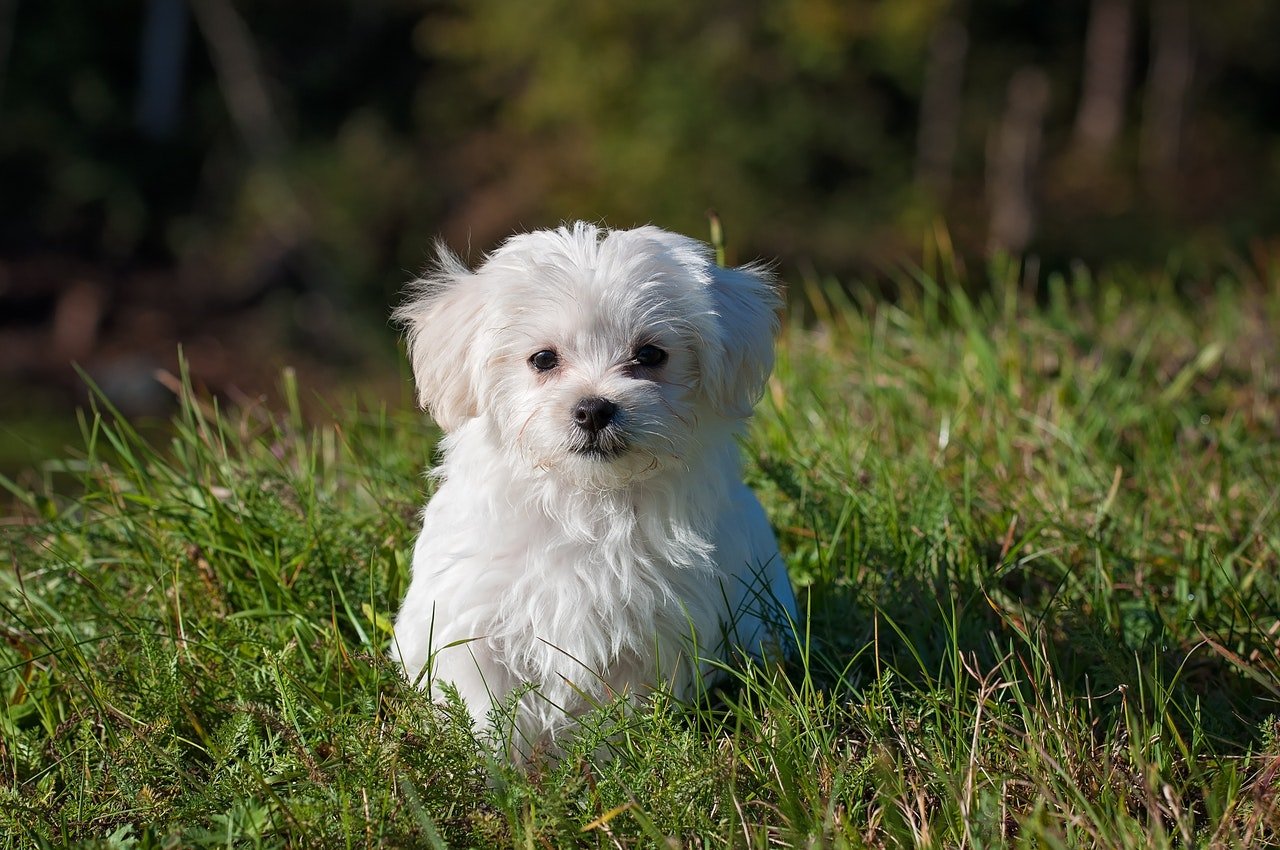Puppies are adorable, incredibly smart, and learn quickly so training can be really fun. As a puppy owner, you need to know that investing in professional puppy training is the only way to ensure your puppies turn out the way you want them to. If you fail to have them trained by a professional puppy trainer, they will surely pick up their own bad behaviors.
Suppose you are a new puppy owner and you are not sure of the first thing you should train your puppy. You are in luck. In this article, you’ll learn the first important things you should teach your new pup to help them become a better version of themselves.
The First Important Things To Teach Your Puppy
The most important training is potty or toilet training from the moment you bring your puppy home. If you want to train your puppy to poo or pee outside, it’s best to start as soon as possible. For a puppy that has been kept in a cage or pen for the first few weeks of life, they may not have any idea about going outside yet. So, make sure to take them out regularly and praise them when they do their business. Don’t punish or yell at your puppy when they do it indoors. Just clean up the mess and carry on with training; keeping calm, consistent, and forgiving will pay off later on.
If you punish or yell at a puppy for pooping or peeing in the wrong place, the pup will become confused and will learn the habit of hiding the mess from you whenever it’s done inside. To avoid this issue completely: take the dog out at least every two hours during the day. When night time arrives, increase that time to three or four; then finally settle into putting them out every hour during their sleep period until they’re old enough not to need such frequent trips anymore.
Other Important Things To Train Your Puppy
Obedience and Manners training.
Training your dog to obey commands and have good manners is one of the most important things you can do with your puppy. A dog that knows how to behave will be much easier to manage and can be a great addition to any family. If you don’t train your puppy properly, it may grow up into a destructive or dangerous animal that will cause problems for everyone in the house.
To start obedience training, we recommend using treats as rewards whenever they do something right. For example, when they come running when you call them or sit on command, could you give them a treat? This will motivate them to continue doing what they want. It should also help build their trust in you since they’ll know they won’t get hurt if they do what you say. Be patient with your dog while learning these tricks; some dogs learn faster than others depending on their breed and energy level (for example, bigger dogs usually take longer). Also, be consistent with the obedience and manner training; ensure that the puppy learns one trick successfully before moving to a new trick.
Mouthing
This may not sound like an important issue, but it can become a problem in the future. Puppies bite for many reasons: to play, explore their world, or get attention from their owners. If you don’t teach them what is acceptable and what isn’t, they will continue with this behavior into adulthood. Mouthing can be dangerous when the puppy becomes an adult dog because it could cause injury or accidental biting while playing with children (or even adults).
There are basic things to teach when training your puppy on mouthing techniques. Teach them that biting on the skin is painful, and let your puppies understand which items are okay for them to chew on (and which ones aren’t).
Socialization training
This important step should be done at home, and then in the wider world. Your puppy needs to be exposed to other animals, people, and places so they can learn how to act around them. Puppies are naturally curious, but if they’re not taught how to behave in certain situations, it could lead to destruction or injury, which is why socialization is so vital. You’ll want your puppy’s first experiences with other dogs and humans to be positive ones, where they learn the acceptable behavior as well as being rewarded for good behavior (especially when meeting humans). For example: giving treats before your pup has had a chance to jump on someone will encourage them not only that jumping is bad but also that sitting down calmly will get them something delicious.
In conclusion, training your puppy will teach him how to behave when he is older and helps avoid problems such as chewing on furniture, using the bathroom inside the house, and barking excessively. When a dog develops these bad habits, it can make it hard to cope with them and also cohabit with other people in the household.
